Sri Lanka: Letter (Number 2) from Ven. Mangala Thero - Ganga Ramaya Temple - Beruwela (17.2.1998)10/26/2021
0 Comments
St Anthony (251-356 CE) is considered by many theological commentators as being the founder of Christian monasticism – despite the fact he was not the first Christian hermit – and admits seeking instruction from an old man who lived on the edge of a nearby village. Although being from Egypt – the Catholic Church makes a point of him supposedly being ‘White’ - with ‘Whiteness’ being presented as ‘good’ and ‘Blackness’ (the skin-tone of the average indigenous African) being firmly associated with ‘evil’! (Although to be fair, my Christian colleagues state that ‘Black’ in this context is a ‘figure of speech’ and should not be taken as ‘racial’. My colleague states: ‘See it in the context of Solomon's Song of Songs where bride speaks to her beloved and says "I am black but beautiful''. We are all black before the light of God, God is source of all light, we just reflect to a greater or lesser degree, and it will just be a million shades of black compared to God's light.’ Later, one of the Desert Fathers is described as ‘Black’ and yet considered entirely ‘good’ within Christian texts). Was St Athony the Great ‘European’? He could have been if his parents were the descendants of Greek invaders – and had never mixed with non-Europeans in the six-hundred years since Alexander the Great! St Anthony came from a rich family who seem to have been Christians. After selling all his belongings and giving the money away to the poor, he left mainstream society to live on the periphery of society – rather like a homeless person today – who has been failed by the Bourgeois State and the capitalist system, although in the case of St Antony, the poverty he embraced was a totally voluntary endeavour. It would appear that despite his prosperous background – St Anthony was illiterate and did not read or write (he did not leave any writings of his own – but we know he existed by others writing about his life and teachings). Perhaps his supposed Greek parentage (oddly) did not put too much value in their child learning to read and write – two skills very much at the forefront of Greek civilisation. St Anthony the Great was not a Desert Father in the struct sense, although he is often conflated with these later Christian monastics. He never lived in the desert and so cannot be correctly associated with this practice. Of course, Since around 100 BCE (and perhaps even earlier), the Jewish ‘Essenes’ had been living in the deserts of Palestine and frequenting meditation cells hued from indentations in the rock-face. Living a lifestyle very similar to what the Christian Desert Fathers would adopt – the ‘Essenes’ wrote of their experiences in the ‘Dead Sea Scrolls’. St Anthony makes no mention of the Jewish ‘Essenes’ whilst imitating their behaviour. The Christian narrative is that he developed the Christian hermetic lifestyle following a Revelation from God that nothing to do with local history or religious trends in the area. St Anthony literally believes in daemons as manifesting in the physical environment (often as ‘Black boys’), and within as troublesome thought-patterns and emotional responses. Racism aside – St Anthony views any form of ‘modern’ thinking as being the product of daemonic influence or daemonic possession. He dismisses the entire edifice of Greek philosophical thought and scientific investigation - as being the product of ‘daemonic influence’ that has no intrinsic value for humanity whatsoever! Understand how natural processes function is perceived by St Anthony as the indulgence of ‘evil’ by those who seek answers about how the universe works. Such knowledge, St Anthony tells us, only serves to create a barrier between individual humans and the God who he believes ‘made them’ in the first place. As regards agriculture, St Anthony severely criticises anyone or practices ‘farming’ and growths food to sustain the community! Observing the seasons and how one transitions into another – is a manifestation of ‘pure’ evil according to St Anthony! He believes this because God has a set plan for humanity which involves tremendous suffering, death and persecution – and that if human-beings interfere in this process – then God’s will is either water-down or prevented from functioning altogether in the physical world! Yes – humanity is made to pointlessly suffer by God – but in so doing – God is creating the scenario for some of the more deserving’ humans to be ‘saved’ by his ‘grace’. St Anthony tells his disciples that knowledge of how natural processes work amounts to accumulating a ‘pointless’ knowledge that serves no purpose in assisting God to manifest his presence in the world! St Anthony, therefore, is opposed to scientific knowledge and any form of modernistic progression for humanity. This is because such knowledge ‘empowers’ human-beings as individuals and a species – so that humanity no longer requires any direct contact with the God that created them. This is how the Christian Church explains ‘why’ most people in the West today – no longer possess a literal belief in Christianity – or no longer subscribe to traditional, theological interpretations of the world. In this sense, St Anthony was very good ‘at not learning anything’. It is one thing for an individual to embark on a path of subjective (internal) development that requires the complete ‘emptying’ of mind - of its patterns of historical conditioning (as is common within Buddhist and Daoist self-cultivation) - but it is quite another to insist that the entirety of society (and the progression of humanity as a species) should also be ‘limited’ to this ‘emptying’ in the socio-economic sense – if, indeed, that is what St Anthony is saying. Imagine a modern world without ‘science’, ‘education’ and ‘medicine’! Think also of the ‘good’ these developments have achieved for the benefit of humanity! I would say that the enlightenment that St Anthony is striving for equates with the third position of the Cao Dong (Soto) School of Chinese Ch’an Buddhism. When viewed from this perspective, then even in China it is not uncommon for Ch’an adepts to leave society and ‘reject’ the world and go and live in the remote valleys or isolated hill-tops until they are clear about the ‘empty’ essence of their minds. After a period of further training – such adepts enter the fourth and fifth stages of Cao Dong realisation (which are stages of ‘no stages’) - where they are instructed to (permanently) integrate their (pristine) ‘empty’ inward state with their material surroundings. This is the spiritual interfacing with the material ‘as it is’. Of course, some Ch’an Masters used their enlightened wisdom (like the Buddha) to protest about injustices and to defend the weak and innocent – whilst others lived as unknown beggars under bridges or on river-banks, etc. We do not have to permanently ‘reject’ the outer world to be spiritual – even if on occasion we like to take a break from its nonsense!
I respect the Theravada School and have trained with its monks and nuns many times. I admire its Dhamma and work to protect and preserve it in Sri Lanka, Thailand and Myanmar, etc. However, there are certain differences of view which I wish to explore (although in my own training, I see no difference). The Theravada view (for many but not all) is that the senses are purified when the body (and mind) is removed from direct contact with a polluting environment (such as when entering a forest temple or monastery, etc). Only a monastic can purify their minds fully, with a lay man purifying his mind to a lesser degree than the average monastic, but certainly more so than a lay woman. The Ch’an School rejects this view. As the empty mind ground underlies ALL phenomenal existence, the idea that only monks (or nuns) can fully realise it does not hold, and is contradicted by the numerous examples of enlightened lay men and women in the Pali Suttas, and the Ch’an tradition (including children) within China (Vimlakirti is perhaps the greatest Indian example), but what does this difference mean in reality? The Theravada method suggests that enlightenment - I.e. the uprooting of greed, hatred and delusion – is dependent upon circumstance and is only possible if an individual is ‘removed’ from direct contact with the ordinary world. Then, the corrupting influence of the three taints diminishes and eventually falls away (as all stimulus ceases). However, should such an individual be plummeted back into the ordinary world, then this deluded mechanism would re-active and the mind be yet again consumed by greed, hatred and delusion. The Ch’an method ensures that whilst living in isolation, or at least relative peace for a while, the mind calms to a considerable degree so that the hua tou and gong-an methods can ‘return’ ALL sensory stimulus back to the empty mind ground from which it originated. Once the hearing has been returned, all the other five senses are also returned, and the empty mind ground fully penetrated and realised. This experience automatically ‘purifies’ the six senses in a permanent manner that cannot ever be re-corrupted. This is why the Ch’an School advocates the ‘Ch’an Week’, or periods of intense meditative activity interspersed with weeks (or months) of quite ordinary and mundane activity. This explains why many Ch’an monastics either return to lay life to spread compassion and wisdom throughout society, or hold office or other positions within the lay world as monastics with no problem whatsoever. It makes no difference where their expedient body resides, as the six senses have been fully imbued (and transformed) through the presence of a pervasive and all-embracing ‘emptiness’ which is as purifying as it is compassionate and full of loving kindness. This reality further explains why many Ch’an practitioners refuse to ordain in China, as there is no need to do so.
Master Xu Yun (1840-1959) spent long periods of his long life engaged in isolated meditation, either high on remote mountains, or deep in inaccessible forests or other rural areas. This fact is often obscured by the decisive manner in which Xu Yun often also ‘engaged’ with the world of red dust, and influenced the mundane life of the laity. On the one-hand, Xu Yun appears to disappear for decades (as if dead, or at least ‘not born’), whilst on the other, he appears familiar, routine and part of the furniture (as we say in the UK). The ‘empty mind ground’ (空心地 - Kong Xin Di) is part of the human evolution of the mind, and may well have been the original sentient development when early humans emerged from the primordial swamps. It is a practical reality that is slowly being approached, observed, recorded (in the sense of brain-waves and brain-waves frequencies), and acknowledged by modern science. As Chinese Ch’an only possesses a nodding acquaintance to the Indian Buddhism from which it emerged (in one way or another), it is important not to overly mystify its own nature, or remain unduly ‘shackled’ to conventional notions of religion. However, as Master Xu Yun continuously advised, ‘discipline’ is the only path that works if a practitioner wants to realise the empty mind ground. Non-attachment to ‘thought’ and ‘action’ is a tricky business with many pitfalls...
|
Archives
March 2024
Categories
All
|
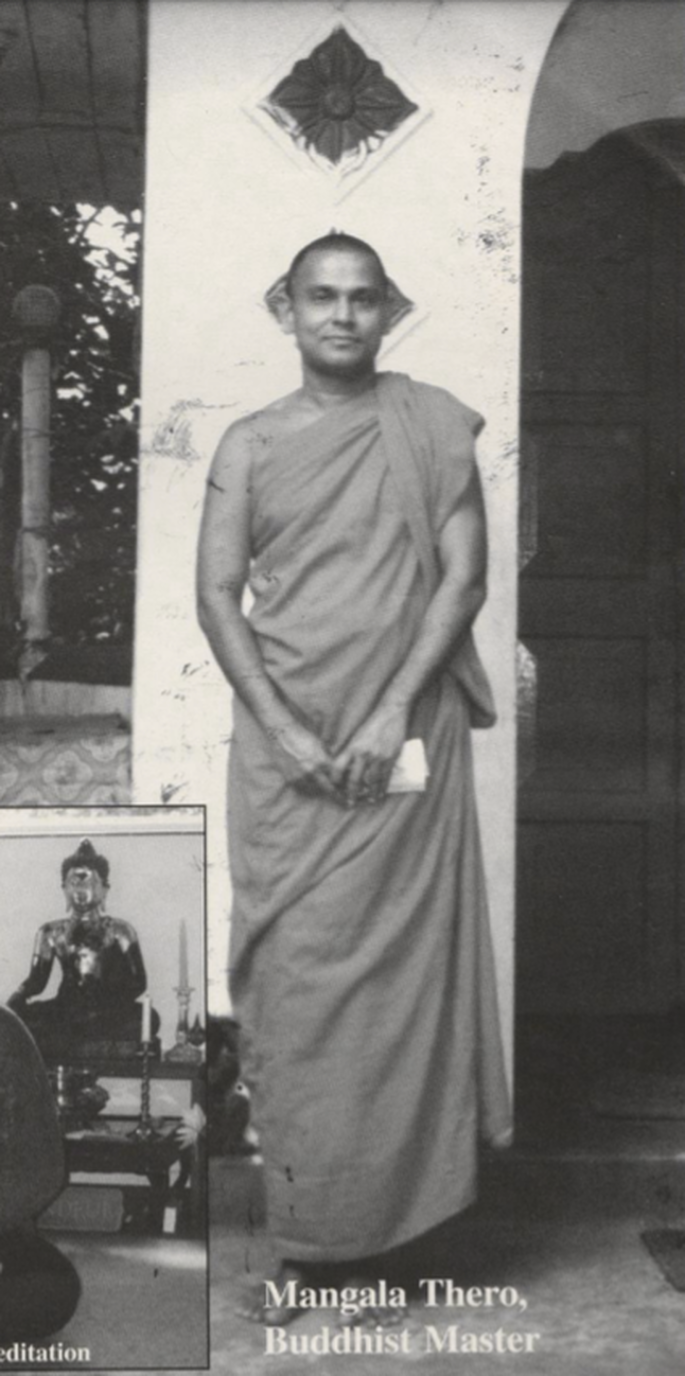
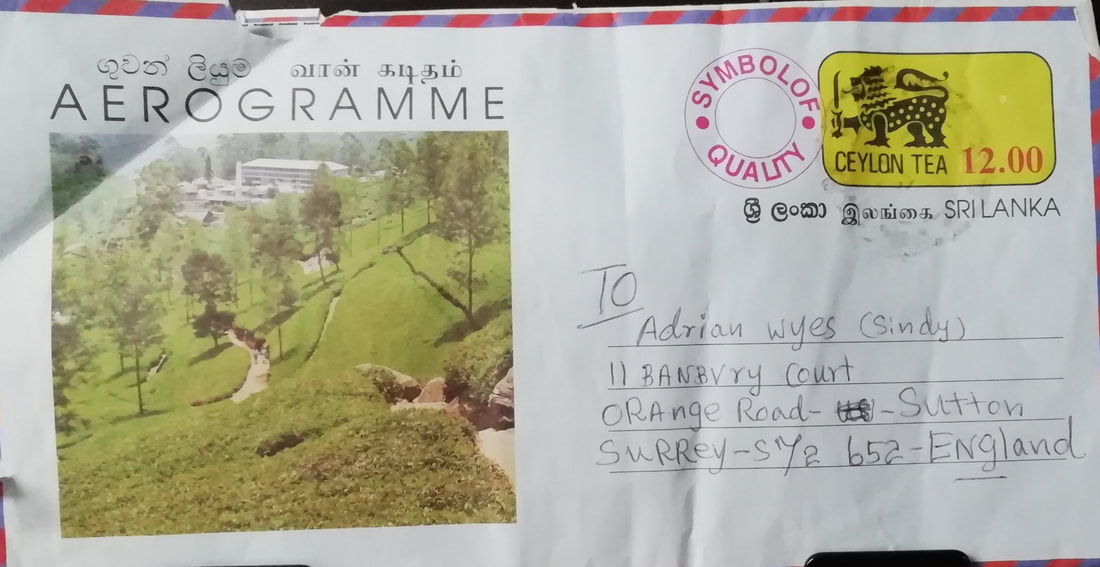
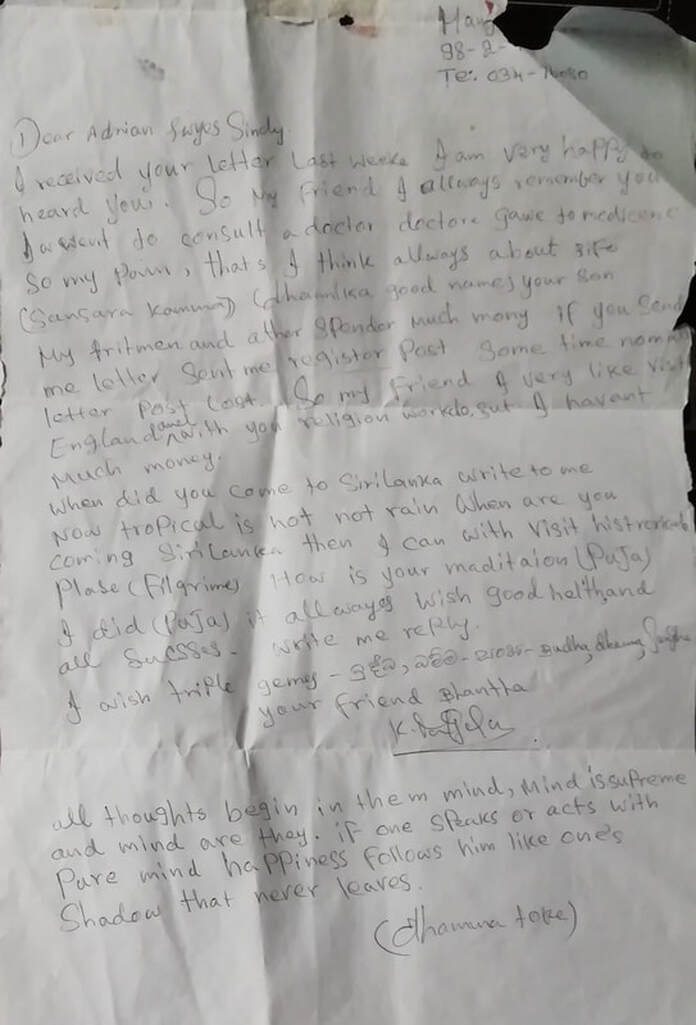

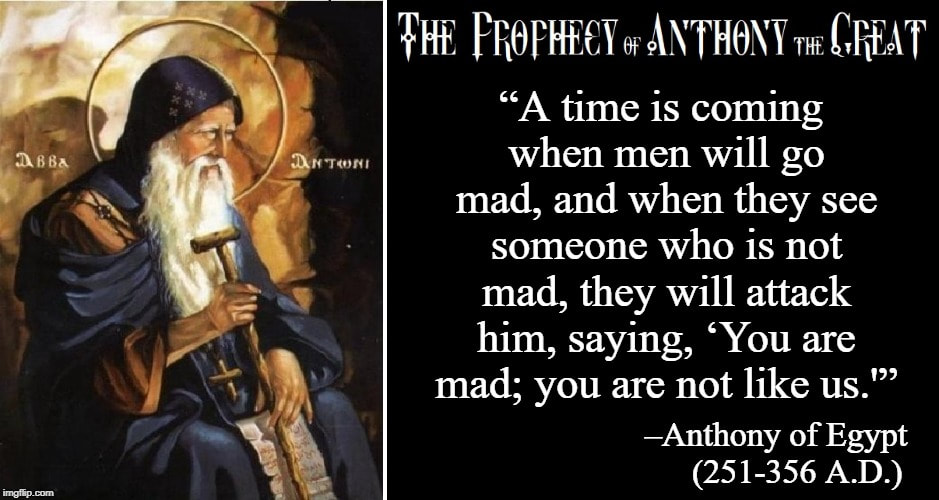
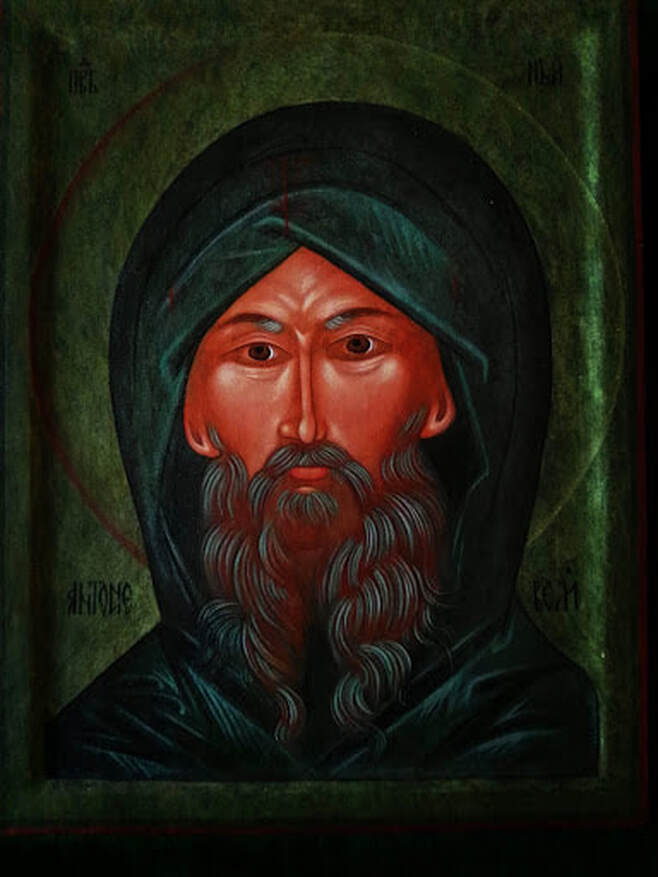
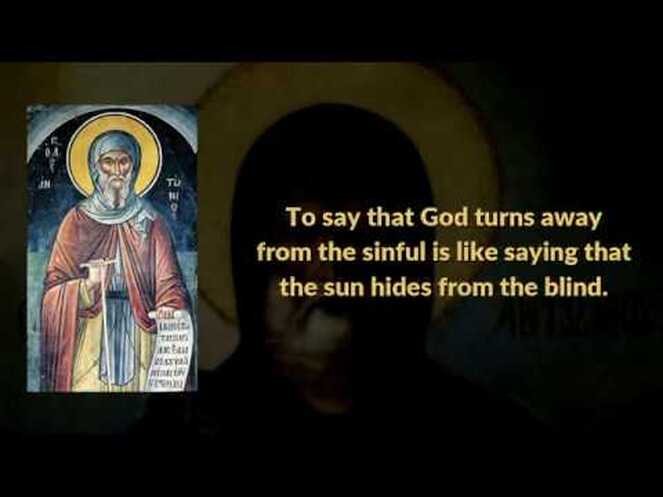
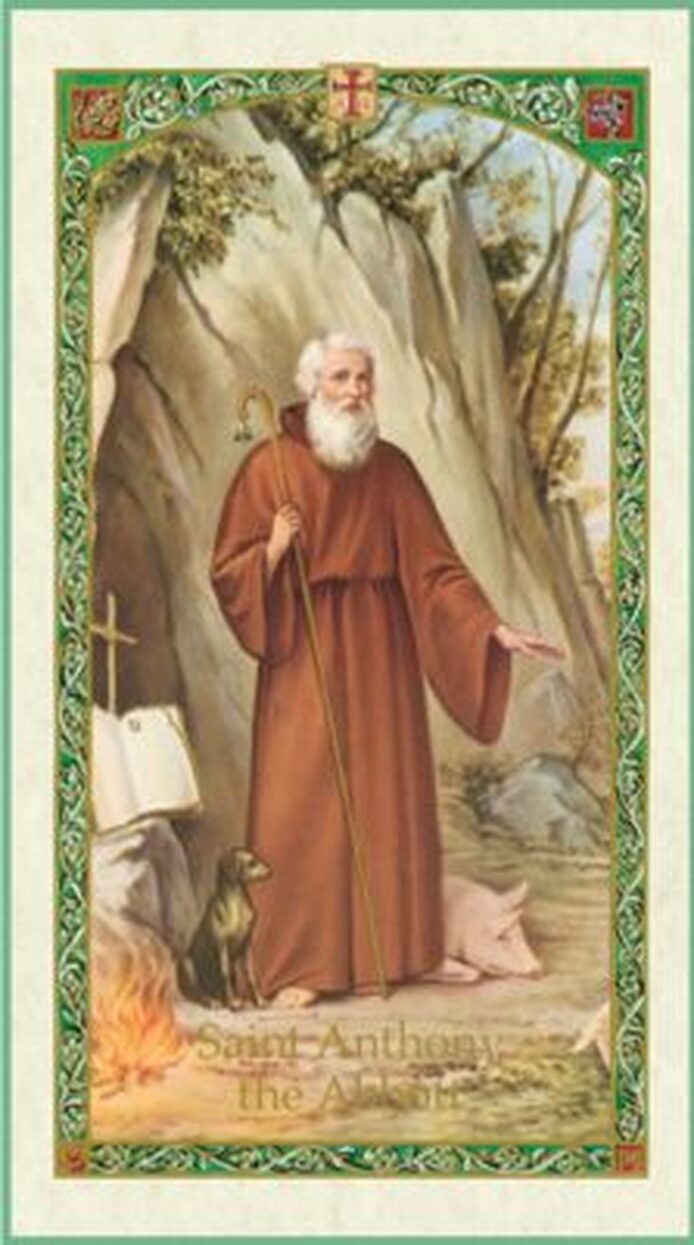

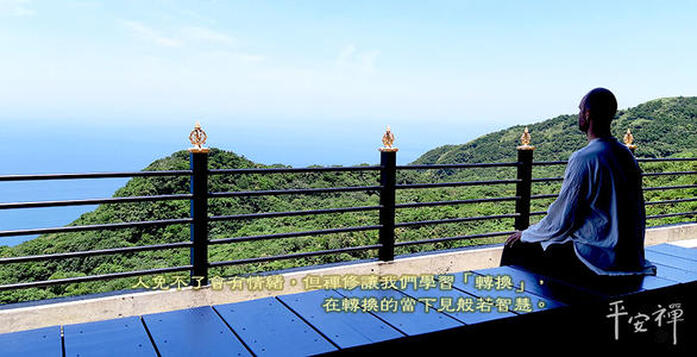
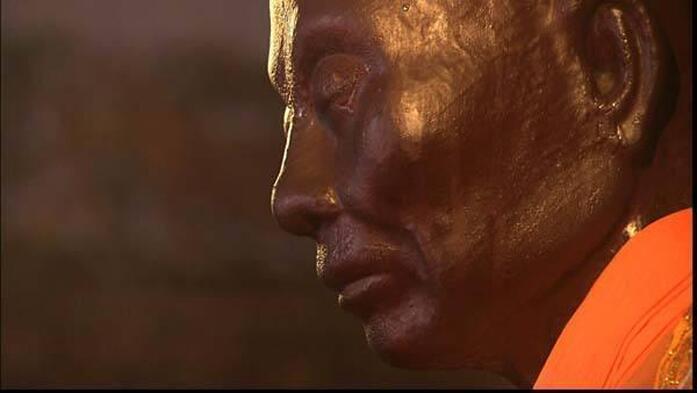
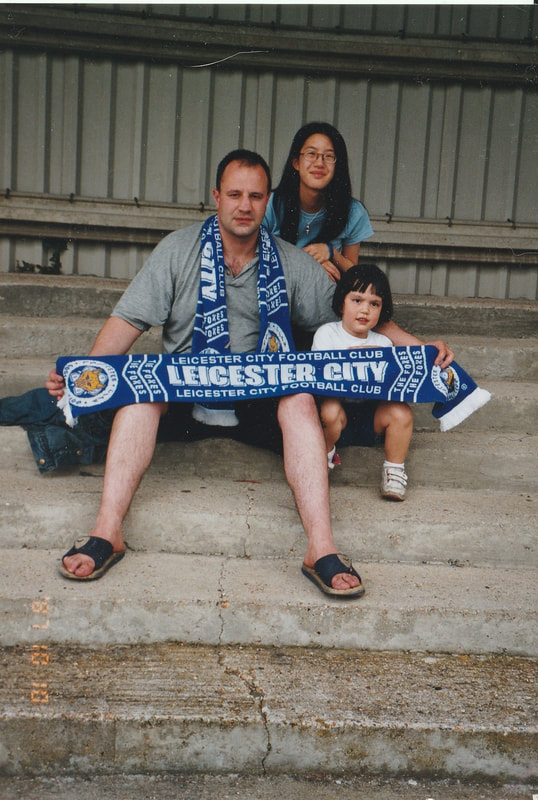

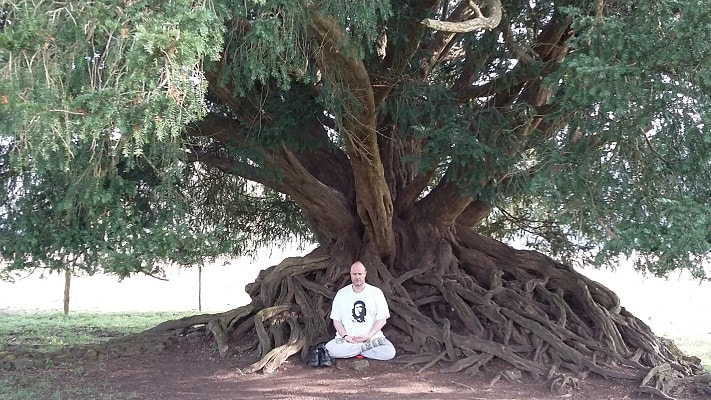
 RSS Feed
RSS Feed